Text
“Remember why you became a polytheist. Perhaps you prayed and Someone unexpected answered. Perhaps a Goddess tapped you on the shoulder and said “you’re mine.” Perhaps you realized that the world is better explained by many Gods of limited power and scope than by one all-powerful God and you decided that following Them was the best way to order your life. It’s hard to be spiritual when your roof is leaking. If your current situation has dampened your enthusiasm for the Gods, Their virtues, and Their work, it’s understandable. And usually, They understand too – They tend to have a longer and wider perspective than we do. But whatever your reason for becoming a polytheist, it was valid then and it’s still valid now.”
—
John Beckett
“Polytheism in Difficult Times“
(via
intaier
)
7K notes
·
View notes
Text
Yes, Zagreus-Sabazius, the God who dies, the God who is torn apart, the God who is eaten and reborn, Zagreus as his own entity, Zagreus as an independent being, Zagreus the snake-adorned, Zagreus the ringed one, Zagreus the craving, Zagreus the insatiable, Zagreus the hunting God, Zagreus the consuming, Zagreus the consumed.
Zagreus.
25 notes
·
View notes
Text
Random Thought: As someone who worships Zagreus, I wish I could find more people that worship him. I’d love to talk about the duality of worshiping Apollo, a ouranic god and Zagreus a chthonic god.

#greek gods#hellenic gods#greek pantheon#hellenism#zagreus deity#zagreus*#hellenic polytheist#hellenic community#helpolblr#helpol community#cosmic personal
11 notes
·
View notes
Text
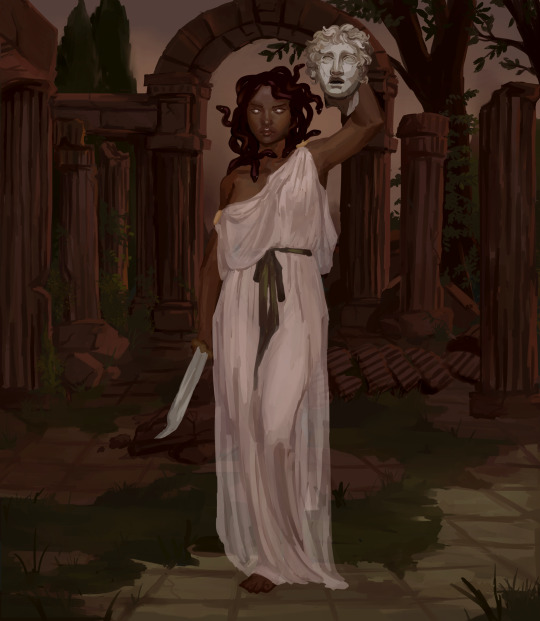
Commission
Medusa Presenting the Head of Perseus
1K notes
·
View notes
Text
You are beautiful. Even if you don’t feel like it or see it, you are beautiful.
Respect yourself, love yourself...
Stand up for yourself and stand firm in your boundaries.
You are worthy..you are worth it.

#hellenic gods#greek mythology#greek pantheon#hellenism#helpolblr#helpol community#hellenic polytheistic#greek gods#cosmic personal#persephone
8 notes
·
View notes
Text
Talk to the moon and sun,
Both will tell you,
It's ok to disappear
When things don't go right.
But it's important to come back
And spread your light.
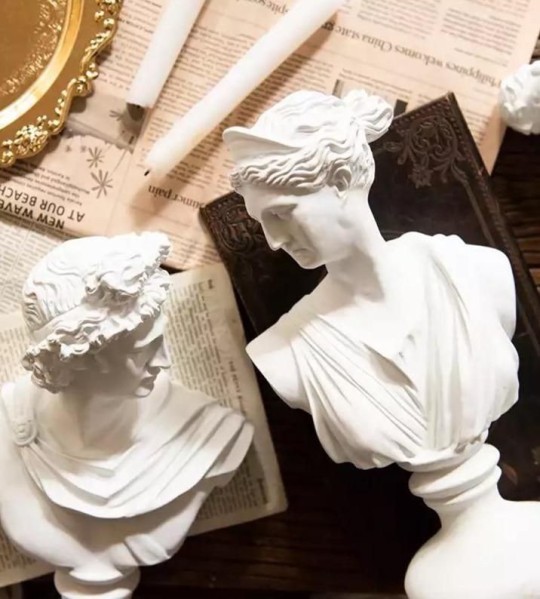
#apollo#artemis#greek mythology#greek deities#greek gods#hellenic gods#hellenic worship#hellenism#artemis apollo#hellenic deities
75 notes
·
View notes
Text
My Gods love me, even when my thoughts tell me otherwise. ❤️
28 notes
·
View notes
Text
I don’t talk about my personal experiences much on here but I just want to say....
Shoutout to Lord Ares for randomly taking over the connection while Lord Apollo and Lord Zagreus continued to disagree on a personal situation they were giving me guidance on. Even though I felt overwhelmed, he calmed me and gave me sound advice. His energy felt fatherly/brotherly and I am happy to have had that experience cause I learned a lot.
#greek gods#hellenic gods#greek mythology#hellenic pagan#greek pantheon#hellenism#helpolblr#hellenic polytheistic#hellenic community
2 notes
·
View notes
Text
Well, recently many have written to me, saying that Ares is the god of war and that they do not wish to work with him, because, for obvious reasons, they are against war and all that it entails. I think there is no better person than me to talk about it, since even in my country, the army was abolished.
But let's be clear about the following:
🧿 Ares is the MOST anti-system God I know: he murdered a rapist, he is not a feminist (only women or people with vulva can be considered as such) but he DOES support feminism completely, starting with the fact that he was the God who started the clan of women warriors, the Amazonas.
🧿 Ares is NOT the God of War of the Holocaust, of terrorism, NO. HE IS THE GOD OF THOSE WHO WERE VICTIMS OF THE WHOLE war. HE IS NOT the armed war between powers, it is the suffering that it brings.
🧿 Ares is the God of those of us with Post Traumatic Stress Disorder, the most common mental illness of combatants. That applies to people who have gone through severe trauma in our lives as well.
🧿 Ares the God of the rejected and the revolutionaries, since he was hated by his own family and the whole pantheon, since he was a child. He broke with the established norms from a young age.
🧿 Ares the God of the internal wars we fight within us, in body, spirit, soul and mind.
Ares the God who HATES armed war and anyone who tries to provoke it feels his wrath. Let's stop the stigma about him, now.
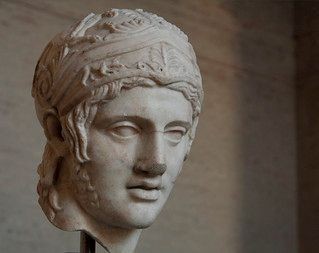
#hellenic polytheistic#hellenic pagan#hellenic gods#hellenic polytheism#hellenic deities#ares god#ares deity#ares god of war#ares worship
54 notes
·
View notes
Text
My Gods love me, even when my thoughts tell me otherwise. ❤️
28 notes
·
View notes
Photo

Raffaello Bartoletti (1852-1927) - Bacchante
Marble. 41.5 inches, 105.4 cm high.
Estimate: US$30,000-50,000.
To be sold Christie’s, New York, ending 15 Oct 2021.
#raffaello bartoletti#bacchante#apollo#greek gods#hellenic gods#dionysus#greek mythology#apollo deity#hellenic pagan#greek pantheon
201 notes
·
View notes
Text


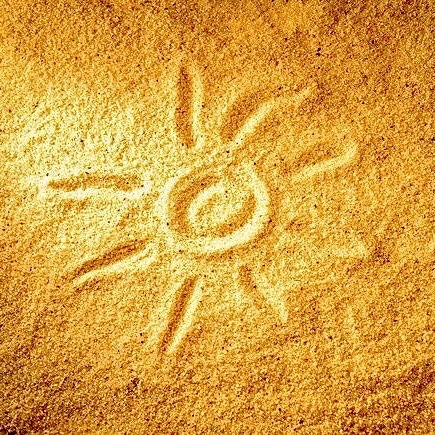

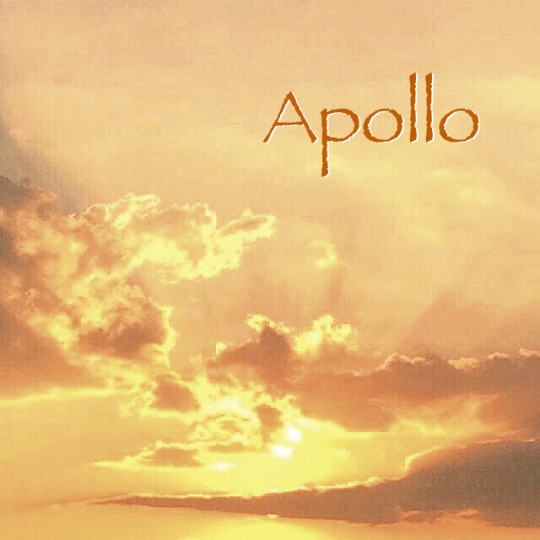

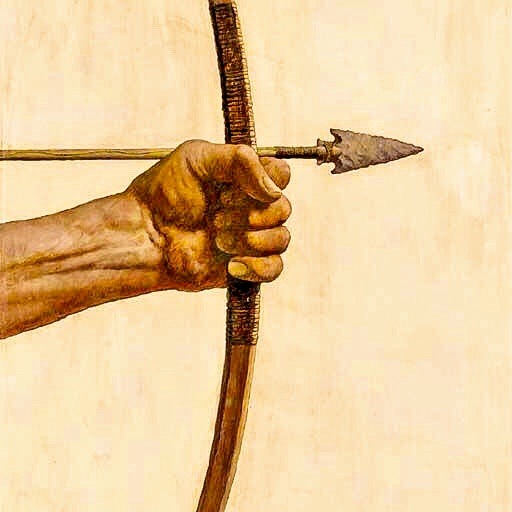


Aesthetic: Apollo
“Here is the god Apollo, painted as usual with unshorn locks; he lifts a radiant forehead above eyes that shine like rays of light."
Philostratus the Younger, Imagines 14 (trans. Fairbanks) (Greek rhetorician C3rd A.D.)
341 notes
·
View notes
Photo


it’s a very greek idea, and a very profound one.
32K notes
·
View notes
Text
The Gods are not their myths!
Let's talk about Greek mythology in relation to Hellenic Polytheism.
Let me preface this by saying that I'd like to clear some things up since I am simply tired of people attacking Hellenic polytheists and straight-up shitting on the Gods we worship because of myths, their interpretations or modern depictions. However in this post specifically I'll focus on mythology.
This especially happens with myths involving some form of violence being used, sexual assault, etc.
I'm not trying to justify these behaviours nor would I ever want to. In the eyes of modern-day society, they're obviously considered unacceptable if we take the myths literally, but when we take into account the ancient societal "norms" and "customs", such behaviours were far more acceptable and quite common, as terrible as it may sound to us nowadays.
Societal moral standards do change over time, so it is undeniable that people today vary in their moral thinking but it seems we often ignore or forget about how moral thinking has been changing over time. As cultures evolve and societies develop, people's ways of thinking about what's '"good" or "bad" also transform.
Wanting to reconstruct an ancient religion does not mean wanting to reconstruct the society it came from!
We live in a Christian hegemonic society thus are accustomed to mythic literalism but although mythology is indeed connected to this religion the Venn diagram of mythos and religious practice is not a circle!
Let's not forget that the ancient Greek religion is othopraxic, not orthodoxic, meaning religious behaviour is valued more than privately held beliefs.
I think it's also important to mention that these stories came from plenty of different locations, varying in culture and customs of what would now be considered Ancient Greece and were passed down orally for ages until they were finally written down and often, thus also resulting in the creation of many different versions that we're familiar with today.
They were written by humans for humans. It's a human explanation of the divine and let's not forget these stories are also a reflection of the society and time they were created in. On top of that, we even have evidence that ancient Greeks themselves did not exactly take the myths literally but saw them more as teaching tools and explanatory mechanisms of the way their society functioned, so although they do contain truths about the gods, ultimately these stories are more about us and the distinction between us and the gods as well as for the purpose to explain why we are the way we are.
Given that these stories were written within the cultural context in order to explain cultural phenomena as it made it easier to get a grasp on it through the inspiration which potentially came from divine source through the eyes of that culture, it is provable that the myths are not literally true and are not to be taken too literally.
So, no, this or that deity is not literally a predator but was portrayed this way by the ancients due to their own understanding of their culture and how men and women related to one another within that culture.
Then, there are later translations, interpretations and depictions of myths in art which were also heavily influenced by Christianity, misogyny and white supremacy. These things also can and do influence how the gods are seen nowadays (especially strong emphasis on interpretations and art but that's a topic for a whole another post because, oh boy, there's a lot we need to talk about).
Questioning someone's belief in a certain divinity based on reading modern morals into ancient stories is just not ok.
So, let's talk about belief, how it worked in ancient times and how the ancients believed in Theoi.
Curiously, for people so religiously minded, the Greeks had no word for religion or belief itself in the modern sense; instead, for example, Herodotus speaks of the Hellenes as having "common shrines of the gods and sacrifices, and the same kinds of customs."
The nearest ancient terms were eusebeia (εὐσέβεια) [piety] and threskeia (θρησκεία) [cult].
There are also two other words, the first one being doxa (δόξα). It comes from dokein (δοκεῖν), ['to appear, to seem, to think] and roughly means "a common opinion" which could also seem to be close but was not used in this context as well as another word which is Pistis (Πίστις). It started out as the name of the personification of good faith, trust and reliability and only later, in Christianity and in the New Testament, pistis began to be used as the word for "faith" or "belief".
Fun fact: yes, Hellenismos is a relatively new word to identify this religion. Although it did appear in ancient pieces of writing, scientists believe it was most likely not employed in a religious manner, but is used in the context of proper Greek grammar.
But the fact that there was no directly translatable word does not mean the concept did not exist. So, yes, of course, the Greeks believed in their gods, traditions and practices and we know that because they existed and continue to exist.
The Ancient Greeks actively and fully participated in their religious practices, understood and respected their gods and thought they existed. From the beginning, writing in ancient Greek talks about their gods, what they're like and the kinds of relationships people formed with them. Oftentimes, it details sacrifices and other religious practices.
A very interesting example of this could be the so-called Cup of Nestor found on the island of Ischia, the ancient Pithekoussai dating from around 700 BC. On the cup, there is a three-line inscription saying: "I am a cup of Nestor good for drinking. Whomever drinks from this cup, desire for beautifully crowned Aphrodite will seize him instantly." As far as we know, it is neither a prayer to Aphrodite nor was the cup reserved for religious occasions. But it certainly gives us a hint of how people thought of Aphrodite and her influence over them.
So, the ancients are talking about their relationship with the gods, direct and indirect, that is what we would call religion!
Alongside this, there are countless references in literature and art showing that the gods are not just characters in stories but are present in people's lives and directly influenced the lives, communities, culture and society of real people in the ancient Greek world.
Here's a great video that further explains the relation of mythology to religion in the cultural context. I wholeheartedly recommend you watch it too: LINK
To conclude, mythology is not literal and when it comes to Hellenic Polytheism, practice is more important than the belief itself.
It's just wrong to blatantly disrespect one god or another as well as their worshippers because of the mythology, things like your own biases or just for whatever other reason. This also applies to other religions! All deities should be respected as should the religions that they come from. It's not ok to just go around saying: "X deity is shit". If you don't worship them or do not like them, at least understand this deity to be sacred and important for somebody else.
Personally, I see divinity as something that allows people to connect to something bigger than themselves. It brings them comfort, hope, peace and even the will to face another day. I encourage you to think about that before you decide to talk ill about someone else's god or gods.
946 notes
·
View notes
Text
Gotta love Apollo ☀️ 🎶
I think of all the Greek gods, Apollo is the peak of duality and contradcitions becos
god of disease & healing
the quintessential god of ancient greece, yet he is a foreign god
one meaning of his name is ‘to unite’ and another meaning is ‘to destroy’
his titles - he of the true word & he of the crooked words
he who shines like the sun & he who descends like the night
protector of young boys and slayer of young boys
he represents the cycle seasonal death and rebirth
even though he’s the life giving light of the sun, he has connections with death and graves
his music is unrestricted - he plays at sober, civilised events like weddings and wild, ecstatic events like bacchanals
he is called the farworker, yet he is the connection between the divine and the human
#apollo#hellenic polytheism#greek gods#greek mythology#apollon#myths#cults#very intriguing#reasons why i like him so much
5K notes
·
View notes
Text

From “In Praise of Olympus: Prayers to the Greek Gods by Hearthstone 🏺
#apollo#apollo devotion#apollo worship#apollo deity#covid#asklepios#hellenic community#hellenic gods#theoi#hellenic pagan
1K notes
·
View notes
